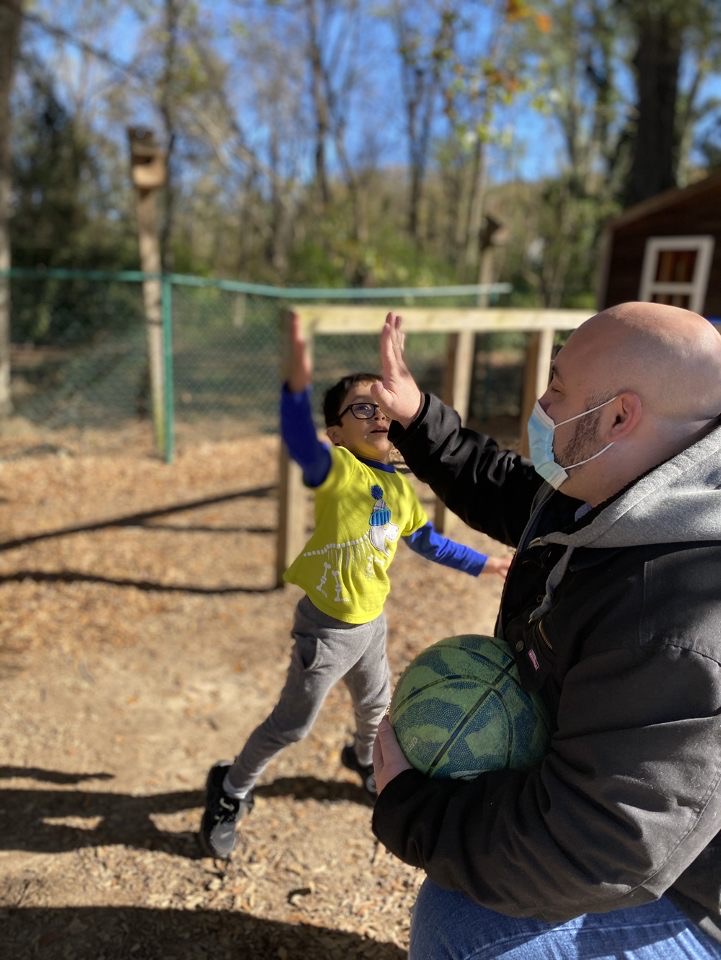
NC’s EARLY CHILDHOOD PROFESSIONAL DEVELOPMENT SYSTEM
In NC, the early childhood professional development (ECPD) system is composed of many partners working together to weave a network of services based on identified needs and funding criterion. We believe that qualified and well compensated professionals are ESSENTIAL to ensuring high quality early childhood education programs for young children. It is critical to build, grow and retain a highly qualified and well compensated workforce.
OUR GOALS FOR NC’s ECPD SYSTEM
Our overall goal is to ensure an effective and comprehensive approach to providing high quality professional development opportunities to the ECE Workforce. Professional development, in this context, refers to a combination of education and continuing education via college courses, continuing education units, conferences and professional forums as well as workshops along with coaching and mentoring opportunities. Specifically this includes:
- A vision to serve all those working with children in all settings serving children birth to twelve.
- Core knowledge is delineated, a set of information and skills that all providers need to know is developed, and education, training and technical assistance along with mentoring/coaching is offered to make sure that this entire body of knowledge is transmitted.
- Requirements and incentives for providers to pursue professional development opportunities are clear.
- A continuum of education and training for all ECE professionals in various roles, from entry-level to experienced.
- A system is in place to make sure that the education and training are of high quality and provided by highly qualified educators/trainers/coaches/mentors.
- A process is developed to assess what education and training providers in a community need;
- Information about education and training opportunities is widely available.
- Information about what opportunities providers have already pursued is available for monitoring and planning purposes.
- Education and training opportunities are offered at times, in places and in languages and formats providers can successfully access and provide the latest research, strategies & tools to the ECE workforce.
- Increased knowledge and competence are assessed and rewarded by increasing compensation.
- Education and training are well-funded so that providers are able to attend, regardless of personal financial situations.
- The ECPD system builds on base education and articulates prior learning (education and training) into the p.d. pathway for the individual to prevent redundancy.
- Qualified and well-compensated professionals are essential to ensuring high-quality early childhood education programs.
- Frontline professional development support personnel need the latest research, strategies and tools to support the provision of accessible, affordable professional development options that meet the needs of the workforce
- Systems need a cost efficient mechanism to inform the use of resources, support federal and state mandates for higher levels of professional development and access comprehensive workforce data.
- State policies and financing of the professional development system have a significant impact on the recruitment, quality, and retention of early childhood professionals.
- Policymakers must be informed to support intentional, evidence-based and financed systems of professional development for these professionals is critical to ensuring that children have high-quality early development and learning experiences.

“High-quality preschool education depends on effective, high-quality teachers.”
W. Steven Barnette, Board of Governor’s Scholar and Founder, National Institute of Early Education Research, Rutgers University



